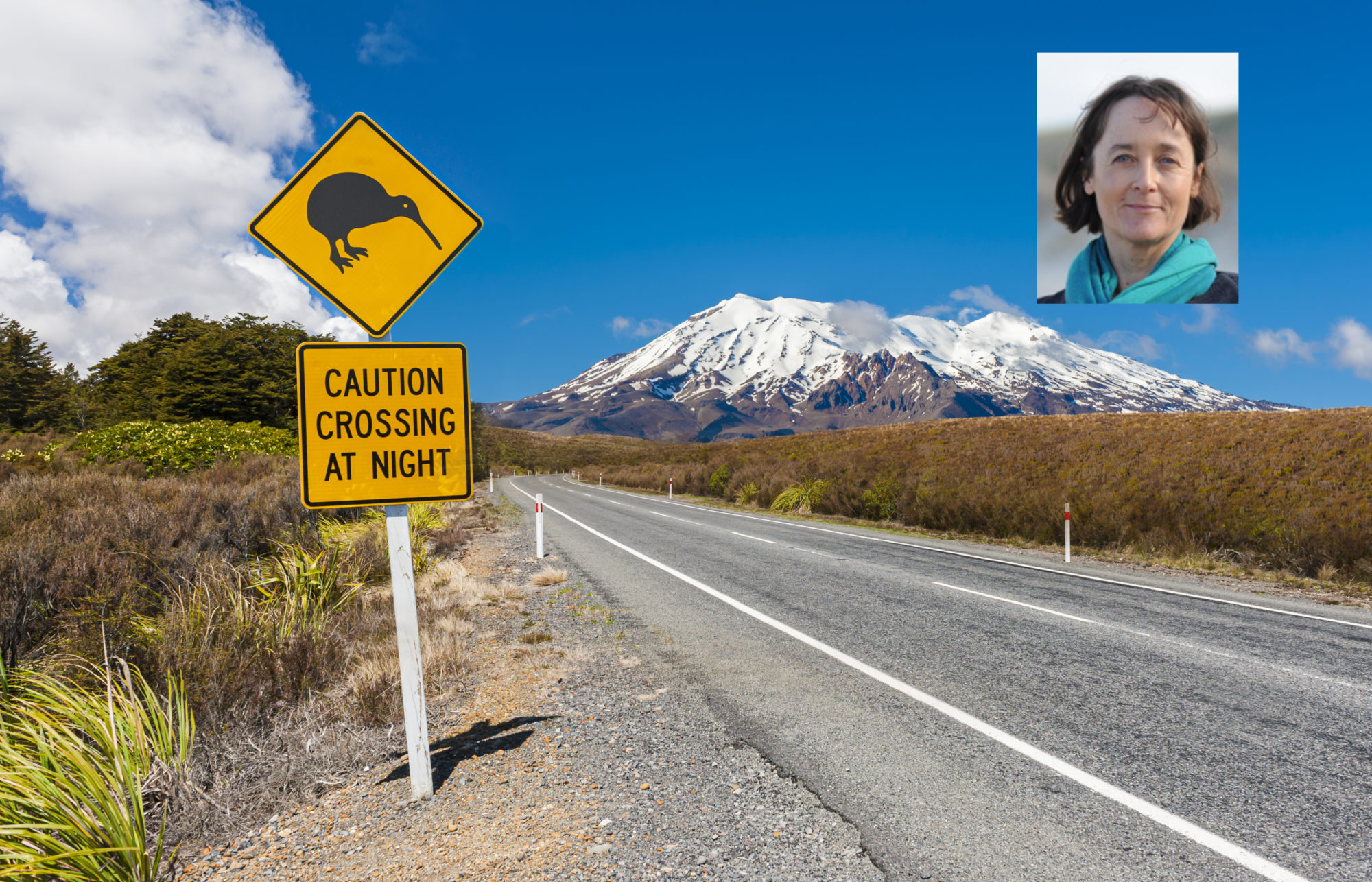
Webinar: Disruption and redistribution in the New Zealand energy sector by Professor Janet Stephenson
The Bioshare project welcomes to lecture-webinar and discussion with professor Janet Stephenson, Otago University. Monday 6. September 9.00-10.30. Title: Disruption and redistribution in the New Zealand energy sector
Once a largely invisible aspect of the New Zealand economy, electricity now has central place in achieving the nation’s commitment to net zero carbon by 2050. Currently reliant on hydro for around 60% of generation, the electricity system will be required to step up to the challenge to ‘electrify everything possible’. Within less than 30 years, a complete transformation is expected of both demand (transport, industry, households) and supply (eliminating the 60% fossil fuels in current consumer energy) whilst ensuring a just transition. Janet will describe how this challenge builds on a turbulent recent history in New Zealand’s energy sector (and beyond) which includes a housing crisis, increasing inequality, fragmented energy system governance, Māori economic and political renaissance, private sector leadership in climate action spurring a slow-to-act government, disruptive technologies, social enterprise and business innovations, reluctant incumbents, and underpinning all of this, the pervasive influences of neoliberalism. The longterm implications for benefit sharing are unclear, but widely-shared values around fairness, justice and independence may indicate that this will be a social transformation as much as a technical one.
Janet Stephenson is a research professor at the Centre for Sustainability, a research centre at the University of Otago. As a social scientist, she is interested in the challenges of transitioning to a low-carbon, sustainable future and the role of culture in that process. Much of her work in recent years has involved interdisciplinary research focused on socio-technical change in New Zealand’s energy sector. More broadly, her research and writing collaborations include energy cultures, climate change adaptation, and the contribution of Indigenous knowledge to a sustainable future.
The lecture is a part of the Bioshare webinars; Professor Erik Westholm held a webinar in 2020 on Swedish perspectives, University of Oslo and Ruralis held a webinar this May, and we now follow up with New Zealand perspectives on benefit sharing or not from natural resources and the ‘green shift’.